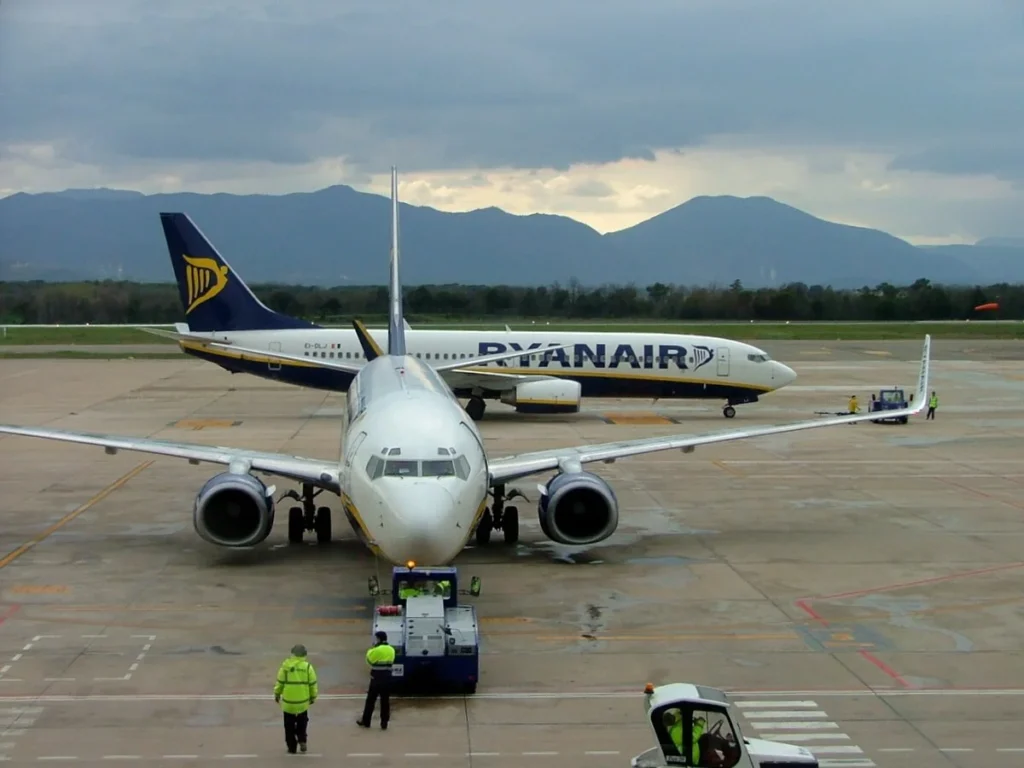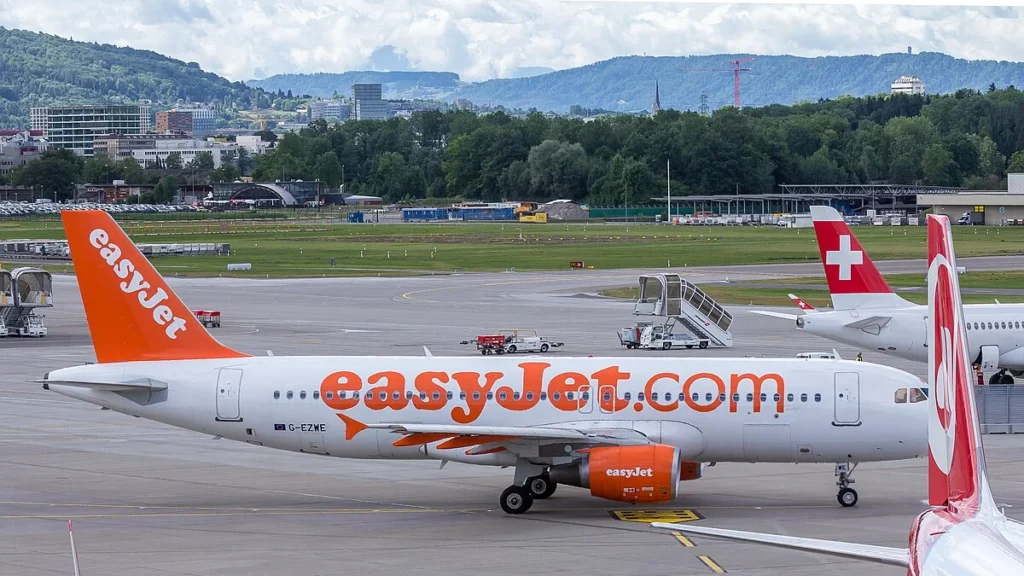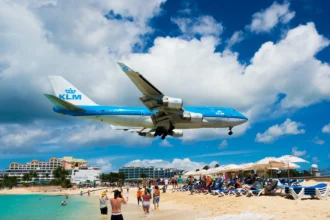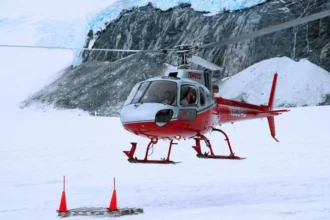Here’s the thing: when French air traffic controllers go on strike, everyone in Europe feels it. You could be flying from Portugal to Germany and still get grounded just because your plane passes through French airspace.
That’s exactly what happened earlier this month. On July 3 and 4, French ATC unions walked off the job. Within hours, nearly 3,000 flights were canceled, over 7,000 were delayed, and about a million travelers got caught in the mess.
The numbers are ugly, but they’re not the whole story. This isn’t just a France problem. It’s a European problem. And now, the airlines are done staying quiet.
So What Happened?
Two of the biggest French Air Traffic control unions : UNSA-ICNA and USAC-CGT, called for a two-day strike.
Their reasons? Chronic understaffing, outdated radar equipment, and frustration over a new biometric clock-in system they say makes their work life unbearable.
Toss in years of slow government hiring and a lack of tech upgrades, and you’ve got a workforce that’s fed up and a system already running on fumes.
The strike officially lasted 48 hours, but the disruptions dragged on. Over the weekend, many controllers just didn’t show up. Flights kept getting scrapped, passengers kept missing holidays, and the entire airspace grid got backed up like a bad commute during rush hour.
And this all happened during the peak of Europe’s summer travel season.
Why Ryanair and easyJet Are Fed Up

Ryanair, which runs more flights across Europe than any other airline, says 90 percent of its canceled flights during the strike had no destination in France. They were just passing through. And that’s the core issue.
If you’re a pilot flying from Spain to Italy and the only reason you’re delayed is because you crossed French skies, that’s not something you or your airline should have to eat.
Michael O’Leary, Ryanair’s CEO, has been yelling about this for years. He wants the EU to step in and create rules that protect these “overflights” during national strikes.
Right now, France doesn’t have to keep its airspace open during an ATC strike. Other countries, like Italy and Spain, do. O’Leary’s asking: why not France?
EasyJet is also losing patience. The airline says the strike cost them about £15 million. Kenton Jarvis, their CEO, called the whole thing unacceptable and pointed out that France has become the weakest link in Europe’s air traffic system.
His airline had to cancel over 600 flights. That’s not just a hit to the bottom line, it’s hundreds of thousands of passengers suddenly stranded.
Let’s Break It Down: Why French Air Traffic Strikes Disrupt the Whole Continent
France sits in the middle of Europe’s air traffic map. If you want to fly between most major European cities, chances are your plane is going to spend at least a few minutes in French airspace. So when French controllers walk out, it’s not just French airports that shut down. It’s a domino effect.
This isn’t new. What is new is the scale and timing. The July strike hit during a record-breaking summer travel season. That’s a recipe for maximum disruption.
To make matters worse, airlines have little to no recourse when these strikes happen. Under EU law, passengers are typically owed compensation for delays or cancellations but not when those delays are caused by air traffic control strikes.
They’re classified as “extraordinary circumstances,” which means airlines are off the hook. Passengers are left scrambling, and airlines get hammered anyway.
The Financial Fallout
EasyJet still managed to post a solid quarterly profit- £286 million, but had to immediately revise its full-year projections downward. Between the strike and rising fuel costs (thanks to geopolitical chaos in the Middle East), they’re warning investors not to get too comfortable.
Ryanair hasn’t released its quarterly earnings yet, but the early numbers don’t look great. The airline says more than 20 percent of its network was affected during the strike window. They estimate the financial damage at well over €100 million.
Both airlines are calling on the European Commission to act. Not next year. Now.
What the Airlines Actually Want

Here’s what Ryanair and easyJet are asking for:
- A law that keeps French airspace open for overflights even during national ATC strikes
- A serious investment in modernizing France’s outdated systems, radars, comms, all of it
- A hiring pipeline that doesn’t leave one of Europe’s busiest ATC services chronically understaffed
- Some accountability. Airlines are tired of paying the price for a system they don’t control
None of these are crazy. Spain and Italy already protect overflights during strikes. Why not expand that rule across the EU?
What This Really Means for Travelers
You can’t plan around a strike like this. Even if you’re flying between two countries that aren’t involved, your flight can get delayed or canceled if it crosses French airspace.
And no, you’re probably not going to get compensated. That’s the kicker. Unless the airlines voluntarily offer vouchers or refunds, your only hope is travel insurance or a miracle from customer service.
So what can you do?
- Book flights with layovers in countries that aren’t affected
- Always build in a buffer day when traveling for events like weddings or cruises
- Consider train travel if you’re within Europe, at least on shorter routes
- Use a credit card that offers strong travel protections
It’s not perfect, but it helps.
What Happens Next?
The EU has talked about reforming air traffic control rules for years under the so-called “Single European Sky” initiative. Progress? Almost none. France has pushed back on changes, and no one in Brussels wants to pick that fight.
But after this latest strike, pressure is building. Ryanair’s petition calling for change already has over a million signatures. Airlines are lobbying hard. The Commission is listening, but it hasn’t made any firm commitments.
Here’s the reality: without legislation, this will happen again. Probably next summer. And probably worse.
So if you’re planning to travel through Europe anytime soon, keep your plans flexible. The skies aren’t as friendly or as reliable as they used to be.













